Emblems Page #5
This page lists all the various symbols in the Emblems category.
An emblem is an abstract or representational pictorial image that represents a concept, like a moral truth, or an allegory, or a person, like a king or saint.
Although words emblem and symbol are often used interchangeably, an emblem is a pattern that is used to represent an idea or an individual. An emblem crystallizes in concrete, visual terms some abstraction: a deity, a tribe or nation, or a virtue or vice.
Symbols in this category:
Coat of arms of Kenya
The coat of arms of Kenya features two lions, a symbol of protection, holding spears and a traditional East African shield. The shield and spears symbolize unity and defense of freedom. The shield contains the national colors, representing:
Black for the people of Kenya
Green for the agriculture and natural resources
Red for the struggle for freedom
White for unity and peace.
Coat of arms of Kiribati
The coat of arms of Kiribati shows a yellow frigatebird over a rising sun on a red background among white and blue stripes (symbol of the Pacific) and the 3 groups of stripes represent (Gilbert, Phoenix and Line Islands). The 17 rays of the sun represent the 16 Gilbert Islands and Banaba (former Ocean Island). On the ribbon under the shield is the Gilbertese motto Te Mauri Te Raoi Ao Te Tabomoa (Health, Peace, and Prosperity).
Coat of arms of Latvia
The Latvian national Coat of Arms was formed after the proclamation of an independent Republic of Latvia on November 18, 1918, and was officially adopted on June 16, 1921. It was especially created for its independent statehood. The national coat of arms combines symbols of Latvian national statehood, as well as symbols of ancient historical districts.
Coat of arms of Lebanon
The coat of arms of Lebanon (Arabic: شعار لبنان) consists of a red shield with a white bend sinister on which is placed a cedar tree. It is very similar to the flag of Lebanon, with the exception of the Spanish fess on the flag being changed into a bend sinister.
Coat of arms of Lesotho
The coat of arms of Lesotho was adopted on 4 October 1966 following independence.
Coat of arms of Liberia
The coat of arms of Liberia consists of a shield containing a picture of 19th century ship arriving in Liberia. The ship symbolizes the ships which brought the freed slaves from the United States to Liberia. Above the shield the national motto of Liberia appears on a scroll: The love of liberty brought us here, and below the shield another scroll contains the official name of the country, Republic of Liberia.
Coat of arms of Liechtenstein
The coat of arms of the Princely House of Liechtenstein is also used as the great arms of the nation. As the sovereign emblem of the Principality of Liechtenstein, its use is reserved for the members of the Princely House and state authorities. Private individuals may be authorized to use the great arms, if it is in the interest of the State. The arms are a history of the Princely House, and show the many different areas of Europe with which Liechtenstein has been involved, either by conquest or by marriage.
Coat of arms of Lithuania
The coat of arms of Lithuania, consisting of an armour-clad knight on horseback holding an olden sword and shield, is also known as Vytis (pronounced [ʋiːt̪ɪs], "the Chaser"). The Lithuanian coat of arms is one of the oldest national coats of arms in Europe. It is one of very few containing symbolism adopted from ducal portrait seals rather than from coats of arms of dynasties, which is the case for most European countries.
Coat of arms of Luxembourg
The coat of arms of Luxembourg has its origins in the Middle Ages, and was derived from that of the Duchy of Limburg, in modern day Belgium and the Netherlands. In heraldic language, these arms are described as: burely of 10 argent and azure, a lion rampant queue fourché in saltire gules armed, langued and crowned or.
Coat of arms of Malaysia
The Coat of Arms of Malaysia (Jata Negara in Malay) is a coat of arms comprising a shield or escutcheon, two tigers for supporters, a crescent and fourteen point star for a crest and a motto). As the Malaysian emblem descended from the coat of arms of the Federated Malay States under British colonial rule, the current emblem of the Malaysian state resembles European heraldic practices.
Coat of arms of Mali
The emblem of the Republic of Mali has a circular shape. It shows on a light blue background:
in the middle, the mosque of Djenné, in gold colour
above the mosque, a vulture in gliding flight, in gold colour
below, the rising sun, in gold colour
in front of the sun, two opposed bows bent by their arrow, in white colour
in the surround, the text "République du Mali" above and "Un Peuple, Un But, Une Foi" below, in black capital letters.
Coat of arms of Malta
The Coat of arms of Malta is the national emblem of the country of Malta.
Coat of arms of Mauritius
The coat of arms of Mauritius are stipulated in the "Mauritius Laws 1990 Vol.2 SCHEDULE (Section 2)". The arms were designed by the Mayor of Johannesburg in 1906, Johann Van Der Puf. In the lower right quarter is a key and on the left-hand side is a white star, which are referred to in the Latin motto “Stella Clavisque Maris Indici” meaning “The Star and the Key of the Indian Ocean“.
Coat of arms of Mexico
The current coat of arms of Mexico has been an important symbol of Mexican politics and culture for centuries. The coat of arms depicts a Mexican Golden Eagle perched on a prickly pear cactus devouring a snake. To the people of Tenochtitlan this would have strong religious connotations, but to the Europeans, it would come to symbolize the triumph of good over evil.
Coat of arms of Moldova
The coat of arms of Moldova consists of a stylized eagle holding a cross in its beak and a scepter and an olive branch in its claws. According to the author of the coat of arms, the eagle symbolizes the Latin origin of the people.
Citation
Use the citation below to add this symbols category to your bibliography:
Style:MLAChicagoAPA
"Emblems Symbols." Symbols.com. STANDS4 LLC, 2024. Web. 21 Dec. 2024. <https://www.symbols.com/category/6/Emblems>.
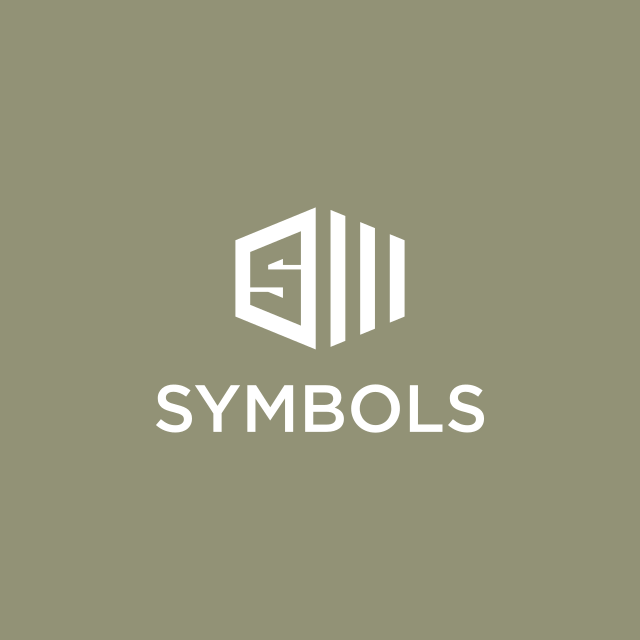

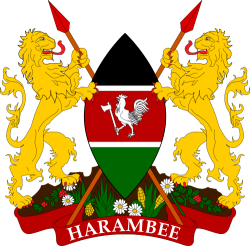
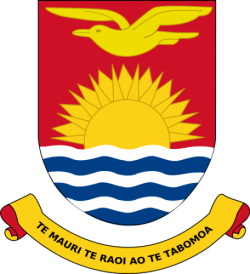
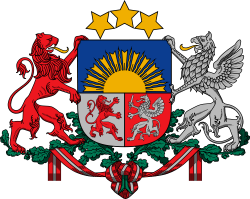
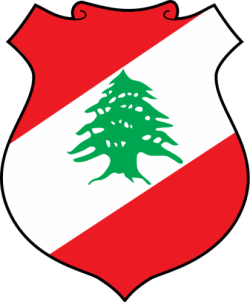
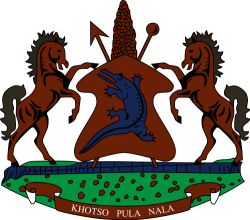
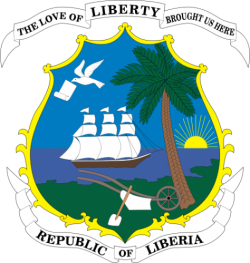
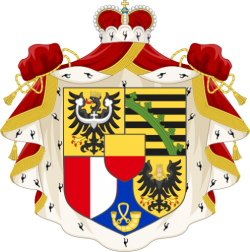
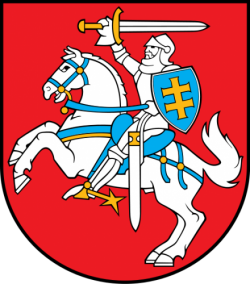
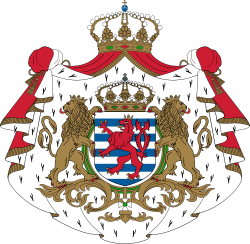
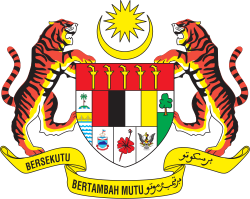
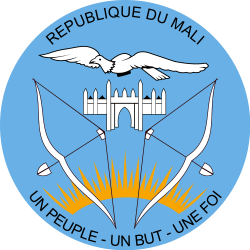
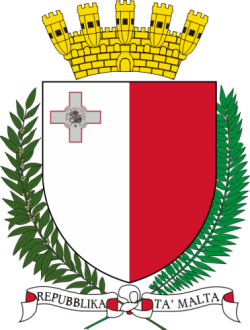
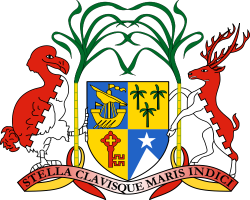
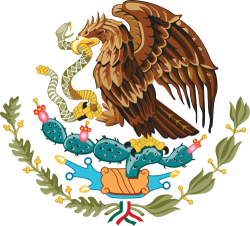
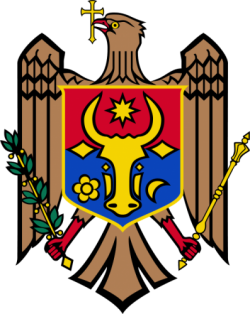
Have a discussion about the Emblems category with the community:
Report Comment
We're doing our best to make sure our content is useful, accurate and safe.
If by any chance you spot an inappropriate comment while navigating through our website please use this form to let us know, and we'll take care of it shortly.
Attachment
You need to be logged in to favorite.
Log In